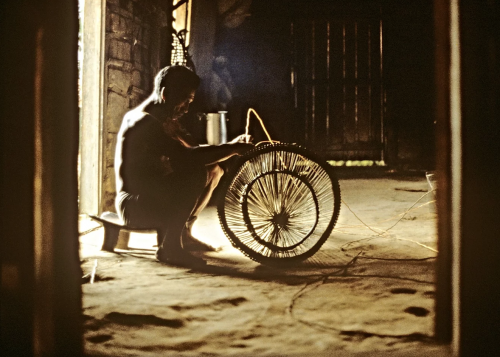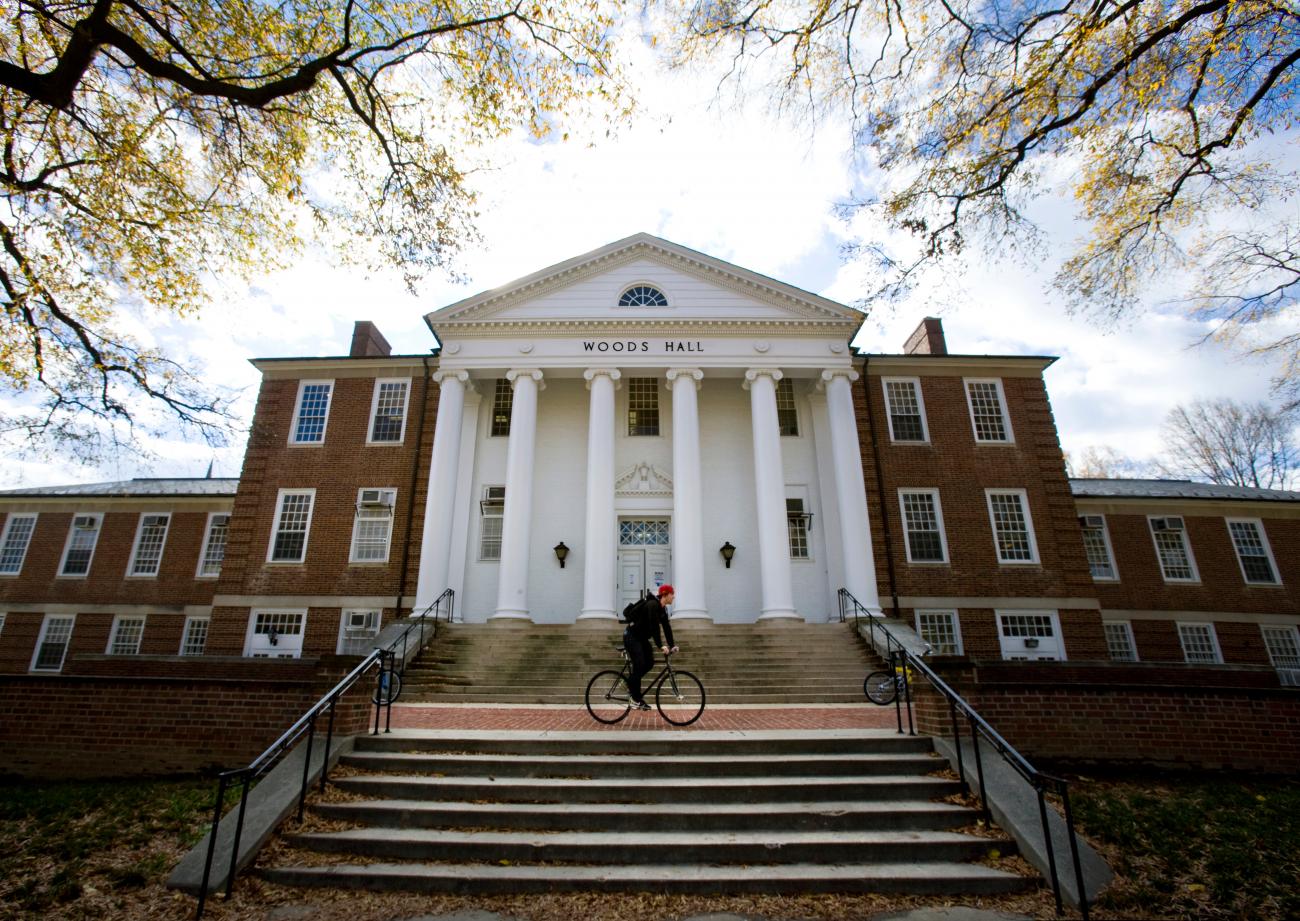Weekly Virtual Meeting Series - Summer 2020
During the summer of 2020 CRACIA will hold weekly meetings every Tuesday 3:00-5:00. Meetings will consist of a presentation or a round-table discussion on a topic of anyone's choosing.
For more information, and to receive email updates for weekly topics, please contact cracia [dot] info [at] gmail [dot] com.
CRACIA Meeting, August 18: Casey High and Elliott Oakley
the New “Middle Grounds” of Amazonia
CRACIA Meeting, August 4: Angelo Baca and Amalia Córdova
Background:
Angelo Baca (Navajo/Hopi) is a cultural activist, scholar, filmmaker and doctoral student at New York University. Angelo obtained his MA from the Native Voices Program at the University of Washington, was a visiting lecturer in Ethnic Studies at Brown University, and is completing a PhD in Sociocultural Anthropology at New York University. Angelo creates educational and collaborative films. His most recent documentary, Shash Jaa': Bears Ears (2016) screened at the Margaret Mead Film Festival and at the Society for Visual Anthropology Film Festival, and the 2018 Environmental Film Festival, among many other major festivals. His documentary is the first of many others on the Presidential Proclamation of a collaboratively-managed National Monument in Southeast Utah. From 2017-2019 he held a fellowship as the Cultural Resources Coordinator at Utah Diné Bikéyah, a non-profit organization dedicated to the defense and protection of culturally significant ancestral lands. In 2018 he was selected by the National Parks Conservation Association for the “Ten under Forty list” of dynamic cultural activists who make up the association’s Next Generation Advisory Council, and published a widely-read op-ed in the New York Times. In Spring 2020, he was a pre-doctoral Global Research Fellow at New York University-Washington, D.C.
Articles attached:
-
"Hands and Feet in Different Circles": A Conversation with Angelo Baca, by Marubbio, M. Elise., Post Script, Vol. 33, No.2, Spring 2014.
-
“Rejecting Racism in Any Form: Latter-day Saint Rhetoric, Religion, and Repatriation”by Thomas Murphy with Angelo Baca, Open Theology 2(1), January 2016.
Links:
- https://shashjaa.wordpress.com (Bears Ears documentary film website)
- https://utahdinebikeyah.org (Indigenous-led non-profit working to protect Bears Ears)
- Utah Diné Bikéyah Bears Ears National Monument Media Orientation
- https://www.trec.org/webinars/improving-partnerships-us-indigenous-communities/
- https://vimeo.com/user4954418 (Angelo’s films)
- The Power of “Bears Ears” and Indigenous Place Names, Folklore Magazine
- New York Times Op-Ed: “Bears Ears is Here to Stay”
- “Bears Ears is My Wakanda” in Backchannels
- “Made to Move, Made of this Place: ‘Into America’, Mobility, and the Eco-Logics of Settler Colonialism” by René Dietrich, Amerikastudien / American Studies , 2016, Vol. 61, No. 4, Environmental Imaginaries on the Move: Nature and Mobility in American Literature and Culture (2016), pp. 507-525. [downloadable PDF]
Amalia Córdova (Chilean/Diaguita/Mapuche) is a filmmaker, curator and scholar specializing in Indigenous film. She is the first Latinx Digital Curator for New and Emerging Media and Chair of Cultural Research and Education at the Smithsonian Institution’s Center for Folklife and Cultural Heritage. She co-directs the Smithsonian Mother Tongue Film Festival. For over a decade, she led Latin American programs at the Film + Video Center of the Smithsonian Institution’s National Museum of the American Indian in New York City. She served as Assistant Director of New York University’s Center for Latin American and Caribbean Studies, and taught Indigenous Cinemas at NYU’s Gallatin School of Individualized Study. She holds a Ph.D. in Cinema Studies and an M.A. in Performance Studies from NYU. She is from Santiago, Chile/Wallmapu.
Articles attached:
-
"Re-enact, reimagine: performative indigenous documentaries of Bolivia and Brazil” in New Documentaries in Latin America, V. Navarro and J. Rodrigues, Eds., Palgrave Macmillan, 2014.
-
“Imperfect Media and the Poetics of Indigenous Video in Latin America,” with Juan F. Salazar, Global Indigenous Media: Cultures, Practices and Politics, P. Wilson and M. Stewart, Eds., Duke University, 2008.
Links:
-
Mother Tongue Film Festival: https://mothertongue.si.edu/
-
“Healing through curation: a conversation between three indigenous image curators in the Abya Yala movement,” with D. Hernández Palmar and F. Huichaqueo, in Senses of Cinema: Latin American Cinema Today: An Unsolved Paradox, December 2018, Issue 89.
-
“Following the Path of the Serpent: Indigenous Film Festivals in Abya Yala,” for In the Balance: Indigeneity, Performance, Globalization. H. Gilbert, H., J.D. Phillipson, and M. Raheja, Eds. Liverpool University Press, 2017, pp. 163- 181. [open access]
-
“Estéticas enraizadas: aproximações ao vídeo indígena na América Latina,” Mostra Olhar: um ato de resistência, 19th edition of Forumdoc.bh, Belo Horizonte, Brazil, 2015. [open access]
-
“Indigenous Media” with P. Wilson, J. Hearne and S. Thorner, Oxford Bibliographies Online, 2013.
-
“AFTEREFFECTS: Mapping the experimental ethnography of Juan Downey in The Invisible Architect” The Brooklyn Rail, June 2012.
CRACIA Meeting, July 21: Thinking in circles
CRACIA Meeting, July 14: Differences of a certain kind
CRACIA Virtual Meeting, July 7: Reconsidering rights
PRESENTATIONS
2020
Angelo Baca, Catherine Allen, Elliott Oakley, Christopher Hewlett, Glenn H. Shepard Jr., Amalia Córdova- "Productive Failure: A discussion"
Emily Colón- "Beyond Letting Anthropology Burn"
Holly Wissler- "Peru: Repatriation of Audio-Visual Archives in the Andes and Amazonia"
George Mentore, Jose Arenas Gómez, Juan Castrillón, Holly Wissler, Janet Chernela, James Whitaker, Elliott Oakley, Eduardo Fernandez, Laura Mentore- "Roundtable on Embodiment"
James Andrew Whitaker- "Discourses of Doubt among the Makushi in Guyana"
Catherine Allen- "The Sadness of Jars: Separation and Rectification in Andean Understandings of
Death"
Glenn H. Shepard Jr.- "From war club to camera: Designing an exhibit on contemporary Kayapo culture for the American Museum of Natural History"
Juan Castrillón- "~KİRAİÑİA (Long Flutes): Film Screening and Discussion"
Eduardo Fernandez- "Ashaninka Responses to Epidemics"



